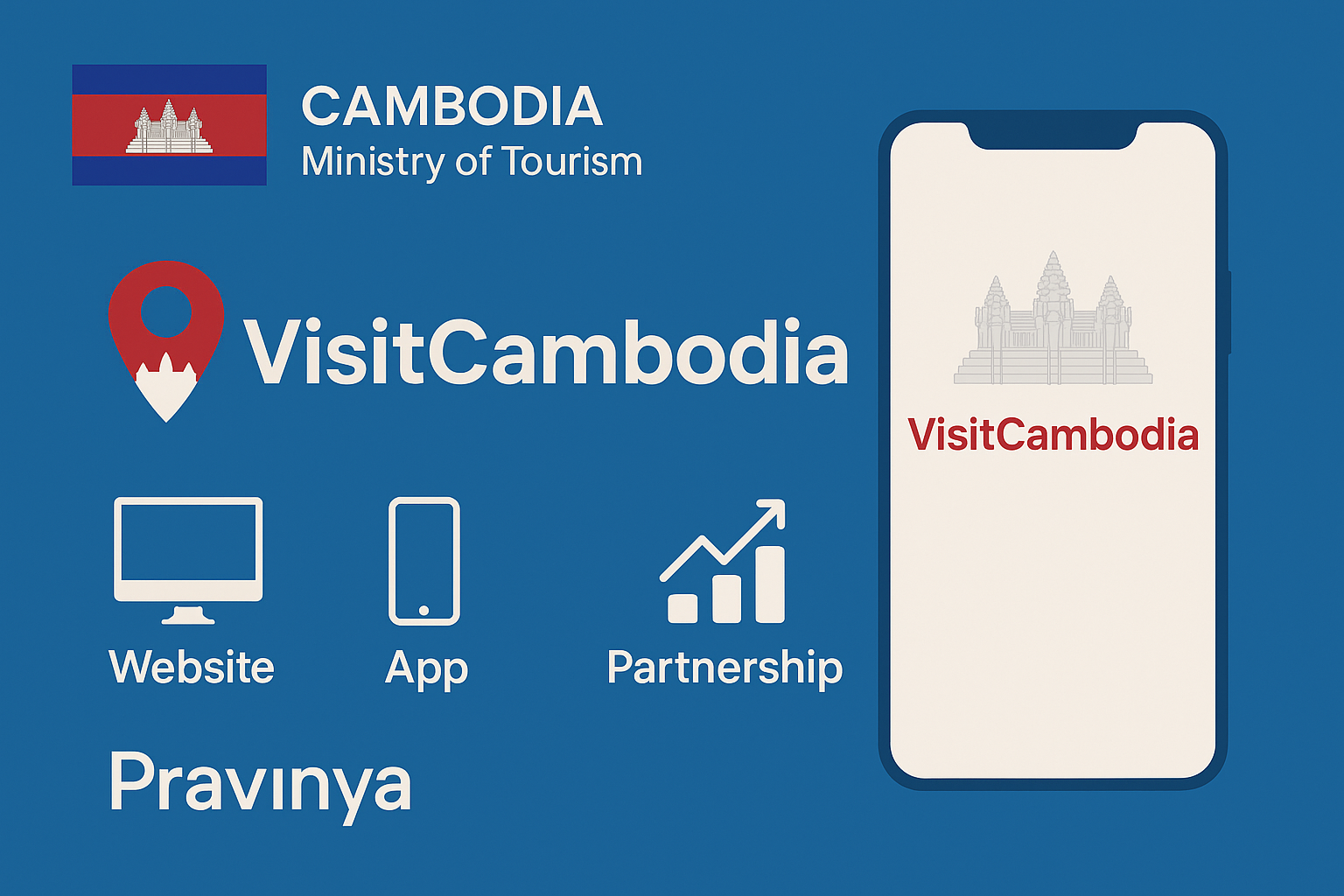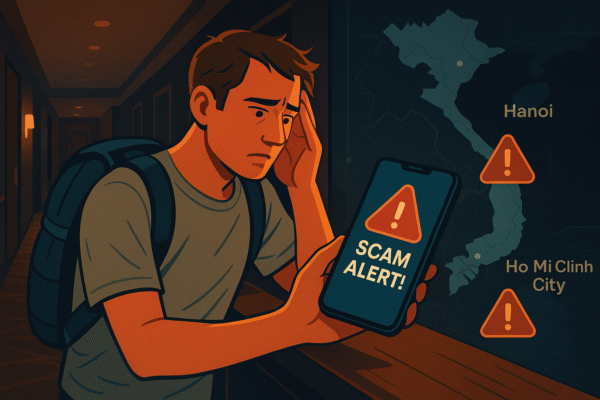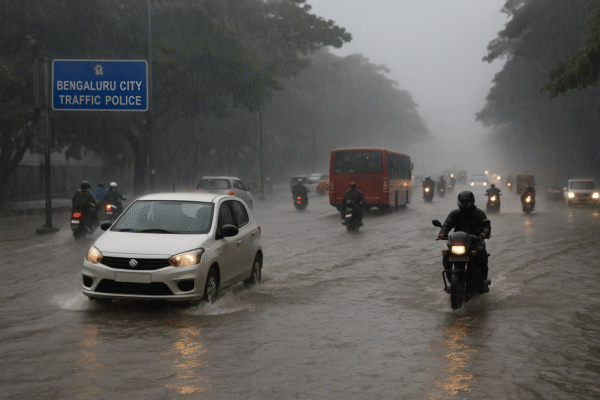Vietnam is grappling with a troubling rise in virtual kidnapping scams that are specifically targeting students and unsuspecting travelers. These scams, orchestrated by sophisticated cybercriminals, are now a growing concern for both locals and international visitors. The Vietnamese Ministry of Public Security has issued warnings, highlighting how fraudsters are posing as law enforcement officials to manipulate victims into isolation, coercion, and financial extortion.
What Are Virtual Kidnapping Scams?
A virtual kidnapping involves scammers pretending to have abducted a victim. The twist? The victim is often not physically harmed but is manipulated into cooperating with the scam. Criminals pose as police officers or prosecutors, alleging that the victim is involved in serious crimes like money laundering. Under this pressure, the victim isolates themselves—often checking into a hotel or motel—and unwittingly plays into the scam. Simultaneously, the perpetrators contact the victim’s family, demanding a ransom for their “release.”
Recent Cases Across Vietnam
The wave of incidents in late July and early August 2025 highlights the urgency of this threat. On July 27 in Hanoi, a university student was lured into a hotel by scammers who accused him of financial crimes. His father, alarmed by a message claiming the son was kidnapped, contacted police. Authorities swiftly tracked the student and prevented a ransom of 250 million dong (approximately $12,250) from being paid.
Just days later, on August 2 in Ho Chi Minh City, an 18-year-old was persuaded to isolate himself under false claims about a study abroad program. The scammers demanded 600 million dong from his mother. In another case that same day, a female university student transferred 129 million dong before being found in a hotel.
Even more disturbing was an incident in Dak Lak Province, where a high school student was manipulated into traveling 350 kilometers away from Ho Chi Minh City. Coerced over Zoom and phone calls, he sent nearly 80 million dong before local police rescued him.
Why Tourists and Students Are Targeted
Students and tourists are often vulnerable due to their limited local support networks, unfamiliarity with Vietnamese legal systems, and reliance on digital communication. The scam tactics include:
- Fake law enforcement calls with threats of legal action.
- Requests to install video apps like Zoom for fake interrogations.
- Emotional manipulation using social media or messaging apps.
- False claims of overseas emergencies using personal photos.
Scammers use publicly available information to create convincing narratives. They might even use real photos of the victims—found on social media—to deceive families into believing the victim is in danger abroad.
The Role of Social Media and Emotional Manipulation
Vietnamese journalist Hoang Anh Tu, formerly with Sinh Viên – Học Trò newspaper, points to a deeper social issue. Many young people feel emotionally disconnected from their families, leading them to rely on strangers online. This lack of communication is being exploited by criminals.
Scammers use emotional messages like, “Mom, please help,” or “I’ve been kidnapped abroad,” to trigger panic. The victims’ families often react without verifying the authenticity of the message, transferring large sums of money under emotional duress.
What Are Authorities Doing?
Vietnamese police are responding quickly and effectively. From August 2 to 5 alone, five cases were successfully resolved in coordination with local law enforcement in Hanoi, Ho Chi Minh City, and Dak Lak.
The Ministry of Information and Communications is also involved in raising public awareness through media campaigns, urging citizens and tourists to verify any distressing claims before taking action. Police hotlines have been established in major cities for scam-related emergencies.
Safety Tips for Tourists and Students in Vietnam
To protect yourself or your loved ones while traveling in Vietnam, follow these guidelines:
- Do not trust unknown callers claiming to be from the police or government.
- Avoid installing unverified apps at someone else’s request.
- Stay in regular contact with trusted family or friends when traveling.
- Verify any emergency request via multiple communication channels.
- Report suspicious activity immediately to local police or your embassy.
Foreign embassies, including the U.S. and Australian missions in Hanoi and Ho Chi Minh City, have also issued travel advisories, encouraging tourists to remain vigilant and informed about common scam tactics.
A National Push for Digital Literacy
Vietnamese educators and digital experts are pushing for cyber safety education in schools. They aim to teach students how to identify online threats, avoid manipulation, and protect personal data. Parents are encouraged to engage openly with their children about online behavior, creating trust and emotional safety at home.
Final Thoughts
Vietnam remains a beautiful and vibrant destination for international tourists and a growing number of overseas students. However, the recent surge in virtual kidnapping scams highlights the importance of digital awareness and caution when traveling or living abroad.
By understanding the tactics of scammers, staying informed, and maintaining close communication with trusted contacts, travelers and students alike can enjoy a safe and enriching experience in Vietnam.
For more travel news like this, keep reading Global Travel Wire


















